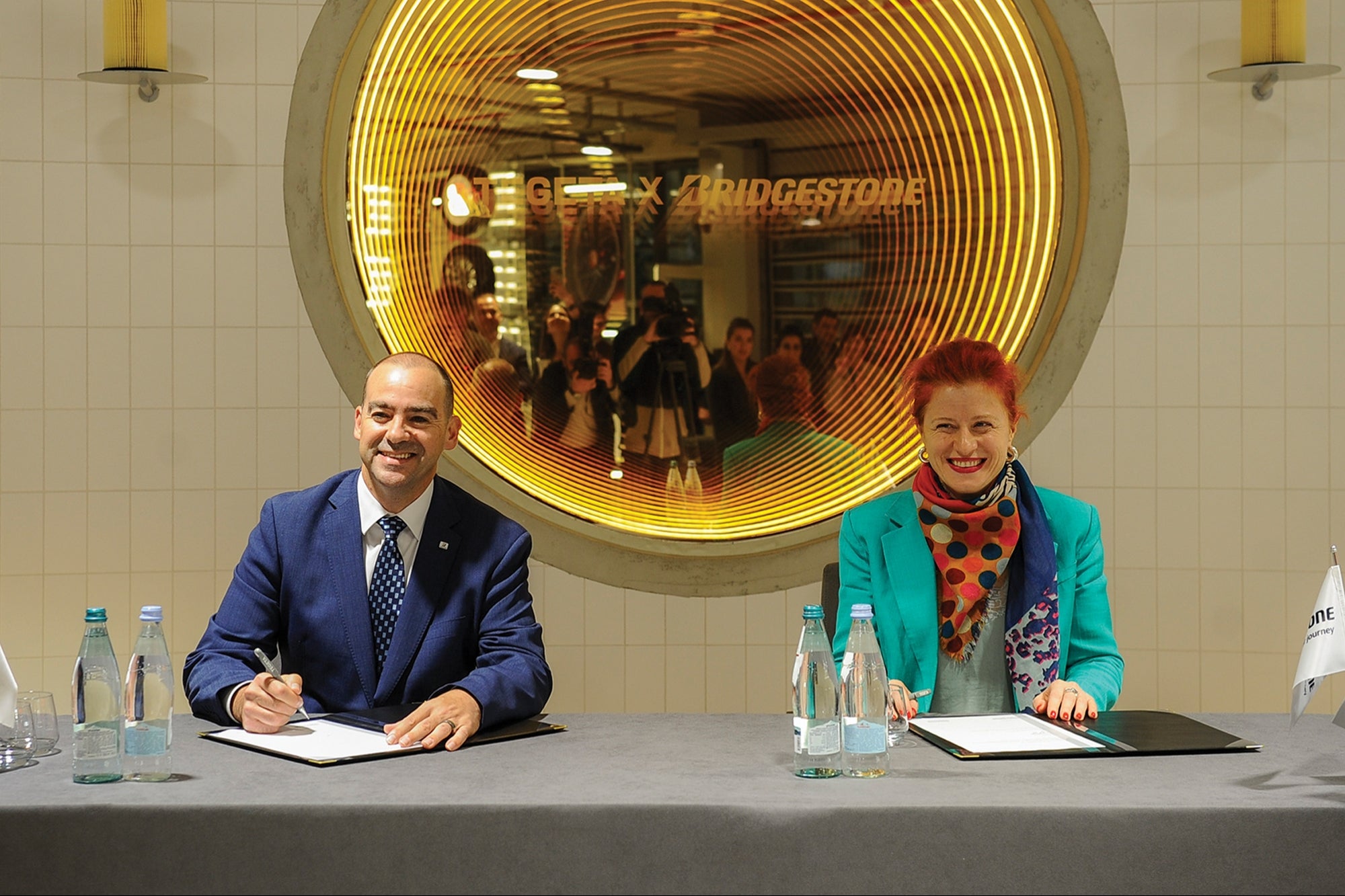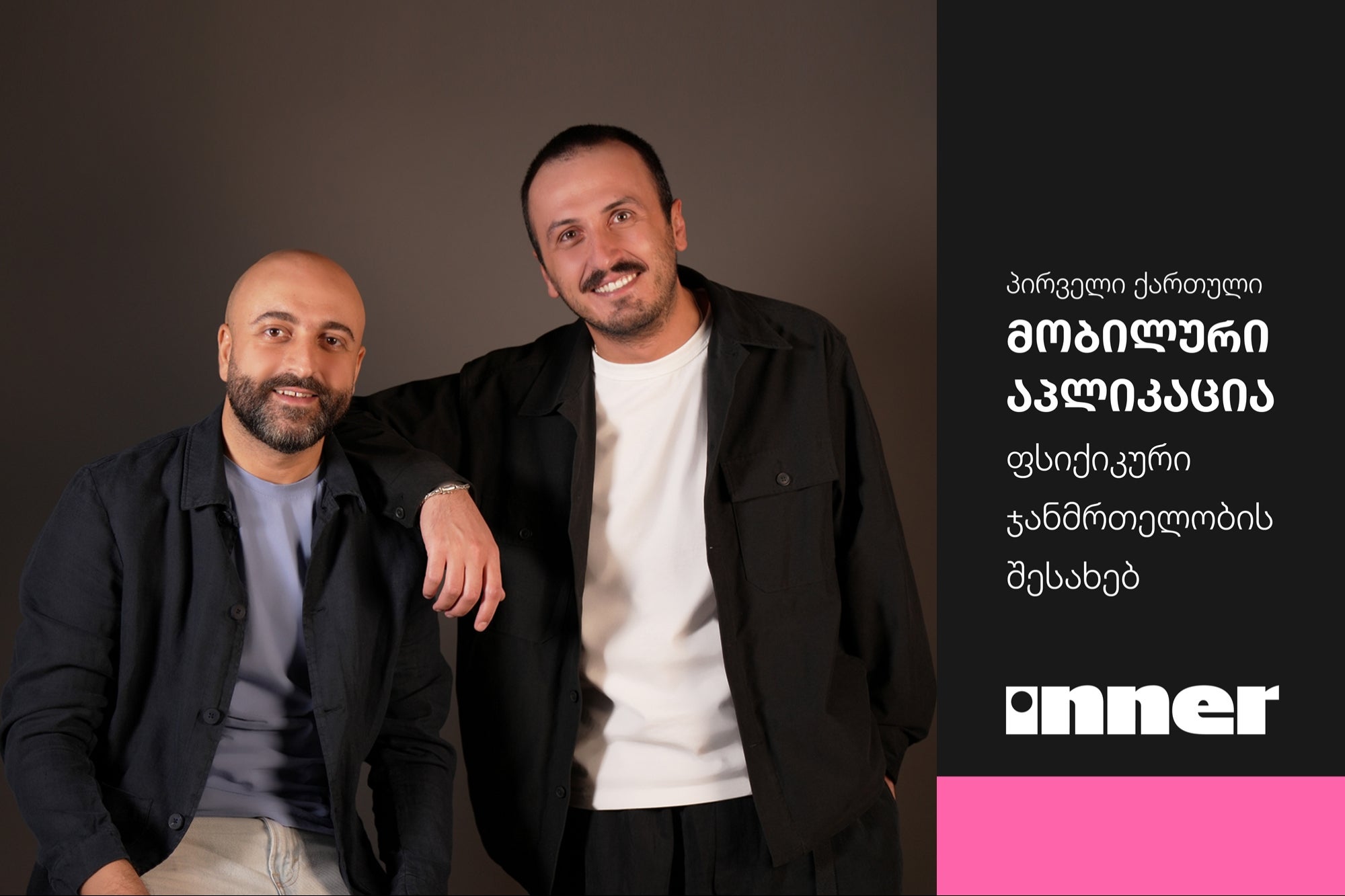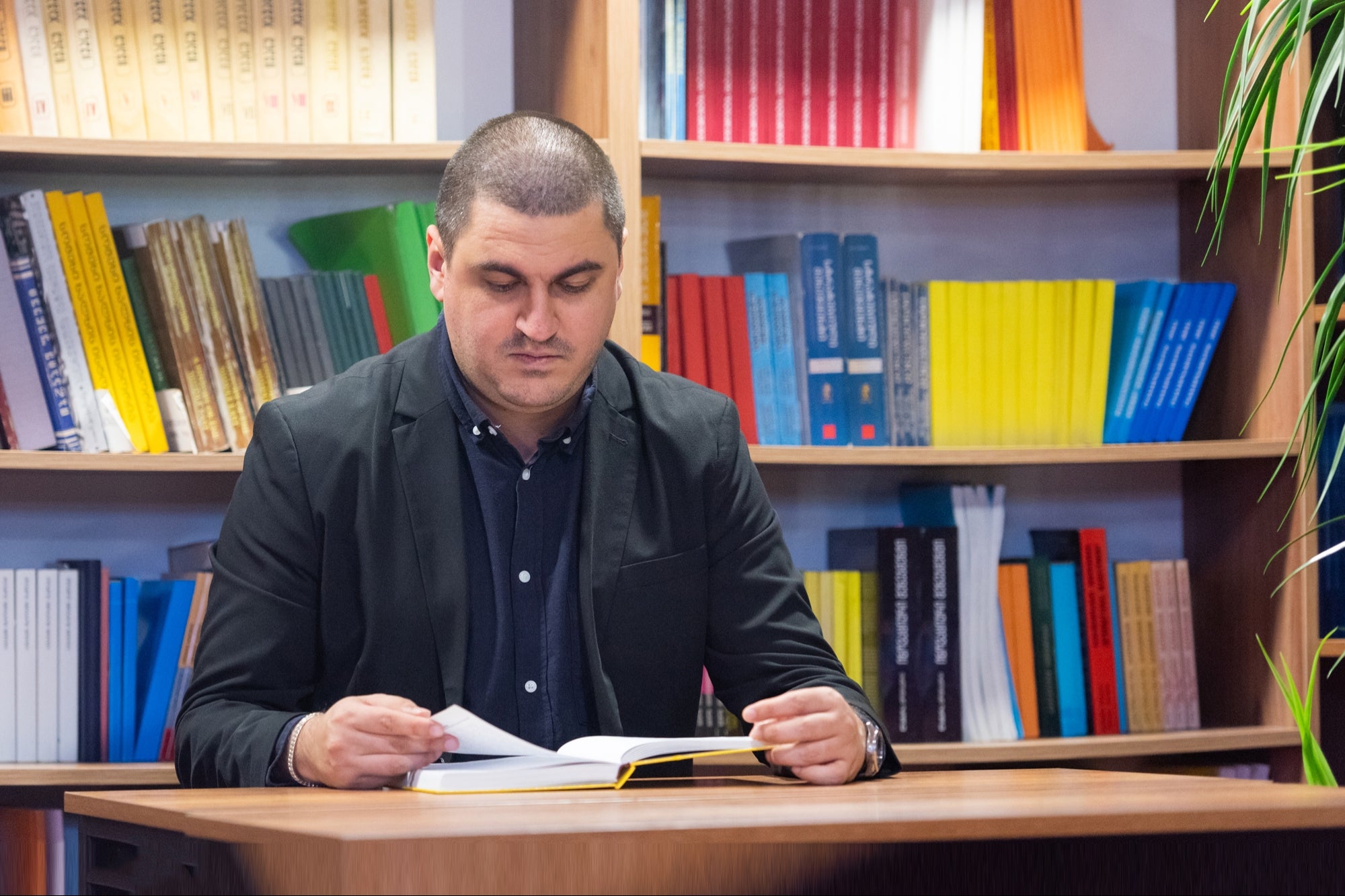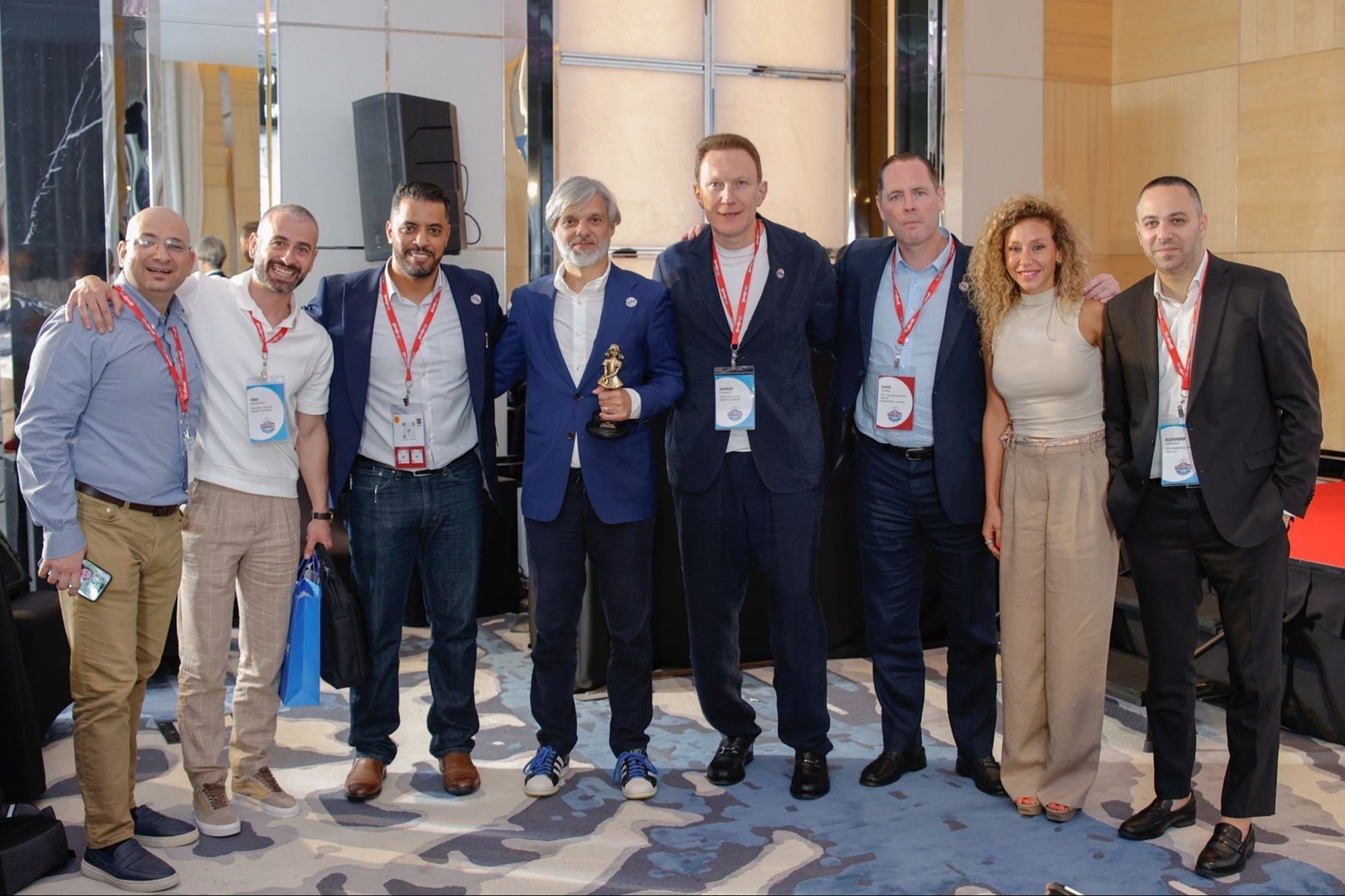Textile Lifting of New Generation: Vasilii Shvets Revolutionizes Industry Standards
By Mae Cornes
Opinions expressed by Entrepreneur contributors are their own.
You're reading Entrepreneur Georgia, an international franchise of Entrepreneur Media.

"In the global production industry, standing still is the same as moving backward," declares Vasilii Shvets, CEO and Founder of ATR-Ural, a leading company in the national construction sector. Shvets' venture is widely recognized for developing groundbreaking solutions in textile lifting, metal chains, and heavy-duty round-strand slings.
The production sector in 2023 introduced transformation driven by technological advancements and a push towards sustainability. Industry statistics forecast a pivot to digitalization and automation to enhance efficiency and reduce environmental impact. In this crucial period, ATR-Ural charts the course for others to follow.
How Shvet's Journey Began
Shvets developed a deep interest in the construction and metallurgic industry since early childhood. He was inspired by his father, who spent his professional life working in the field. Because of this, he sees his company not just as a business but also as his greatest passion.
During the early stages of ATR-Ural, Shvets saw that the textile lifting sector needed more technologies, qualified specialists, and learning opportunities. However, he ignored all predictions that ATR was condemned to fail. Instead, he researched the global market comprehensively, found international advanced training courses, and made meticulous financial and production audits.
ALT-Ural's Unprecedented Success
Shvets' efforts paid off very soon after. ATR-Ural nabbed national and international acclaim as the leading expert in textile lifting and signed millions of dollars worth of contracts with major corporations and governmental and city infrastructure organizations.
Under the CEO and Founder, the production of textile lifting slings and tie-down straps in the country has increased by 100% within a few years. From being an under-developed field no one knew much about, the textile lifting sector in Russia transformed into a major industry, bringing millions in revenue and fostering a positive change in construction and metallurgic works.
The accomplishments of ATR-Ural did not go unnoticed. In 2022, Shvets was nominated for the iconic Stolypin contest award and won the title of "The Best Entrepreneur of Sverdlovsk Region" in the "Production and Innovative Developments" category. His other recognitions include a medal for excellence in entrepreneurship and an Honorary Diploma from the Minister of Trade and Services.

Photo courtesy of ATR-Ural
New-Generation Technologies
ATR-Ural changed the industry by developing a model of textile web slings made of a high-strength synthetic material capable of withstanding even the most severe climate conditions, including dramatic temperature differences and chemical impact.
This innovation helped to substantially reduce the number of accidents, delays, and complications related to environmental factors like extreme cold or heat, winds, floods, and exposure to corrosive materials.
Embracing Automation and Sustainability
ATR-Ural's industrial journey involves the adoption of cutting-edge technologies. "Our commitment to automation and sustainable practices is not just about staying relevant. It's about redefining what's possible," Shvets explains. The company now produces more than 70,000 units of various slings each month.
Its recent automated production line, incorporating barcoding and a product accounting program designed for the company, exemplifies its forward-thinking approach. This move, reflective of a broader industry trend towards smart manufacturing, promises to inspire production standards on a global scale.
Yet, progress is not without its detractors. Critics argue that the rapid pace of technological adoption risks sidelining human workers and exacerbating the skills gap. "There's a fine line between modernization and alienation," suggests an anonymous industry analyst. "We must tread carefully to ensure technology augments human effort rather than replaces it."
Human-Centric Approach at its Core
Despite challenges, Shvets champions a human-centric model of technological integration. "Our goal is to empower our workforce, not replace them," he asserts. ATR-Ural's investment in training programs and upskilling initiatives aims to equip employees with the skills needed to thrive in a high-tech manufacturing environment.
Beyond factory walls, ATR-Ural contributes to enhanced global production standards by gearing for efficiency and sustainability. Its success proves the value of balancing technological advancement with environmental stewardship and social responsibility.
Envisioning a World of Endless Possibilities
As ATR-Ural moves forward, the company faces opportunities and obstacles, including demands to reevaluate traditional production methodologies as manufacturing pushes toward better practices globally. According to Shvets, the challenge is to improve sustainably, equitably, and inclusively.
Through its expansion plans and ambition to export its philosophy of innovation and sustainability, ATR-Ural emphasizes its resolve to actively shape the future of production.
The visionary stands by using technology to revolutionize production and benefit the planet and its people. Indeed, leaders like Vasilii Shvets and companies like ATR-Ural are proving that the future of production can be boundless with intention, foresight, and dedication.









